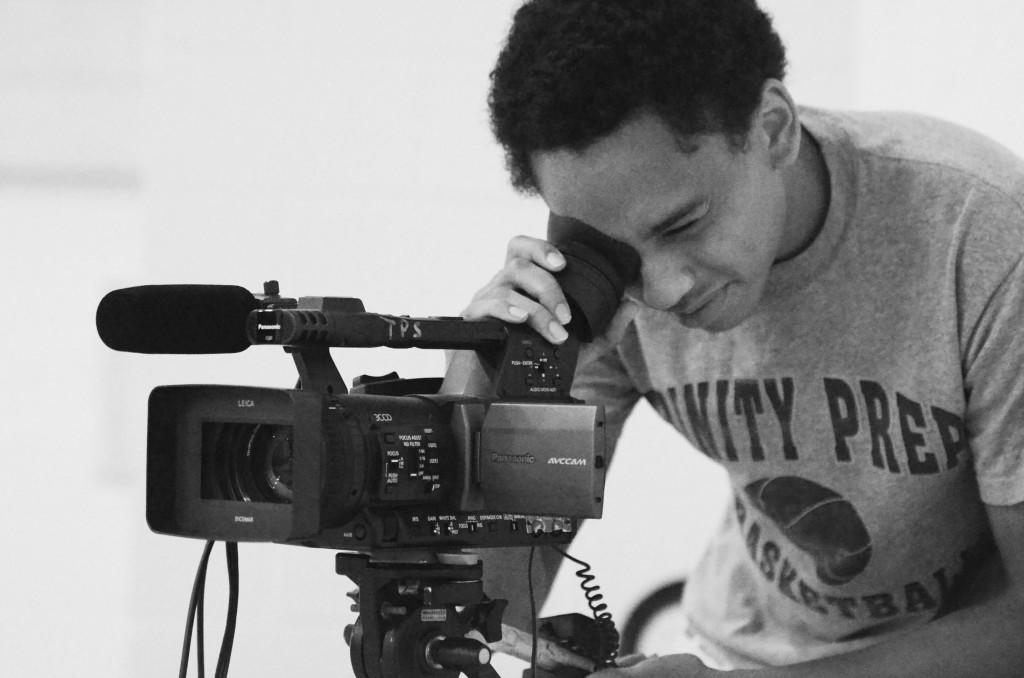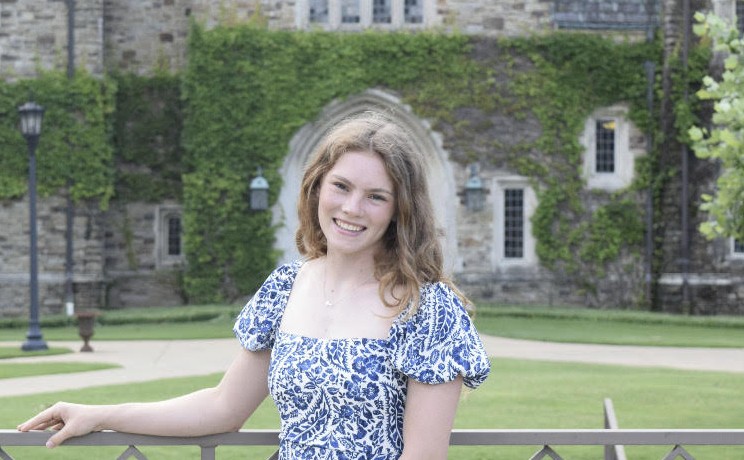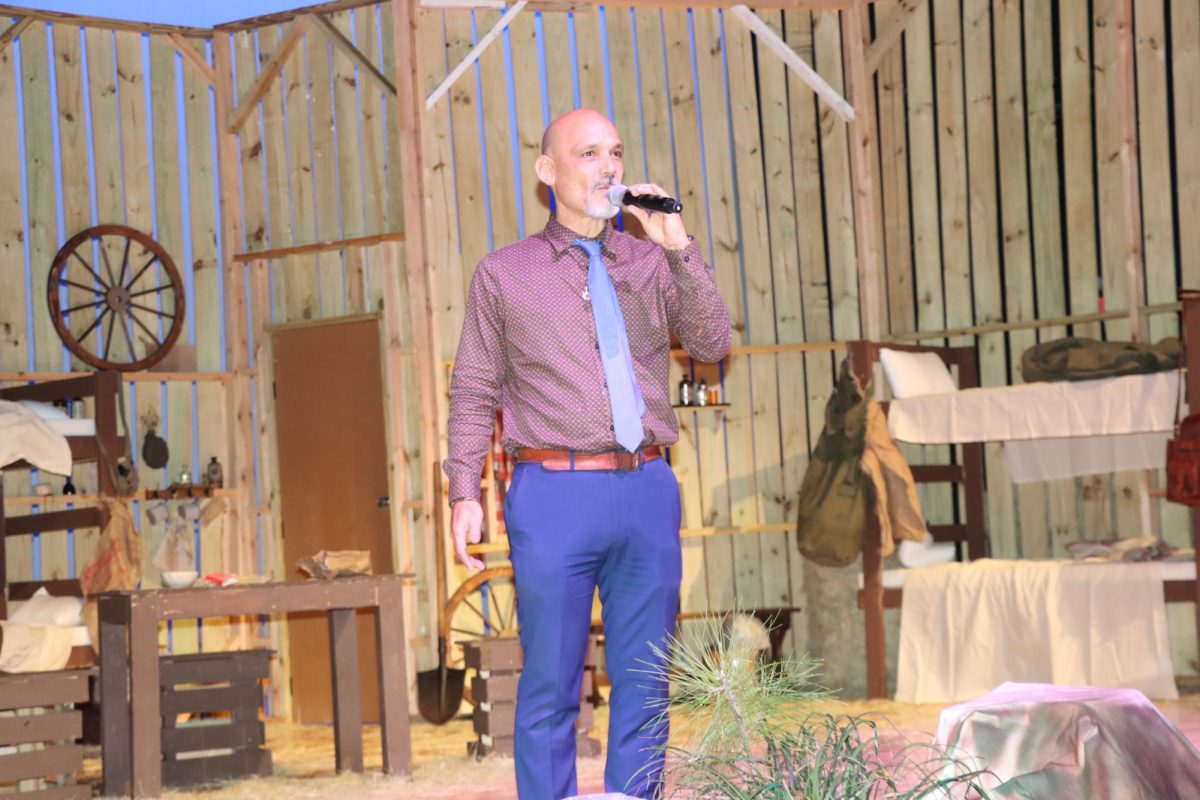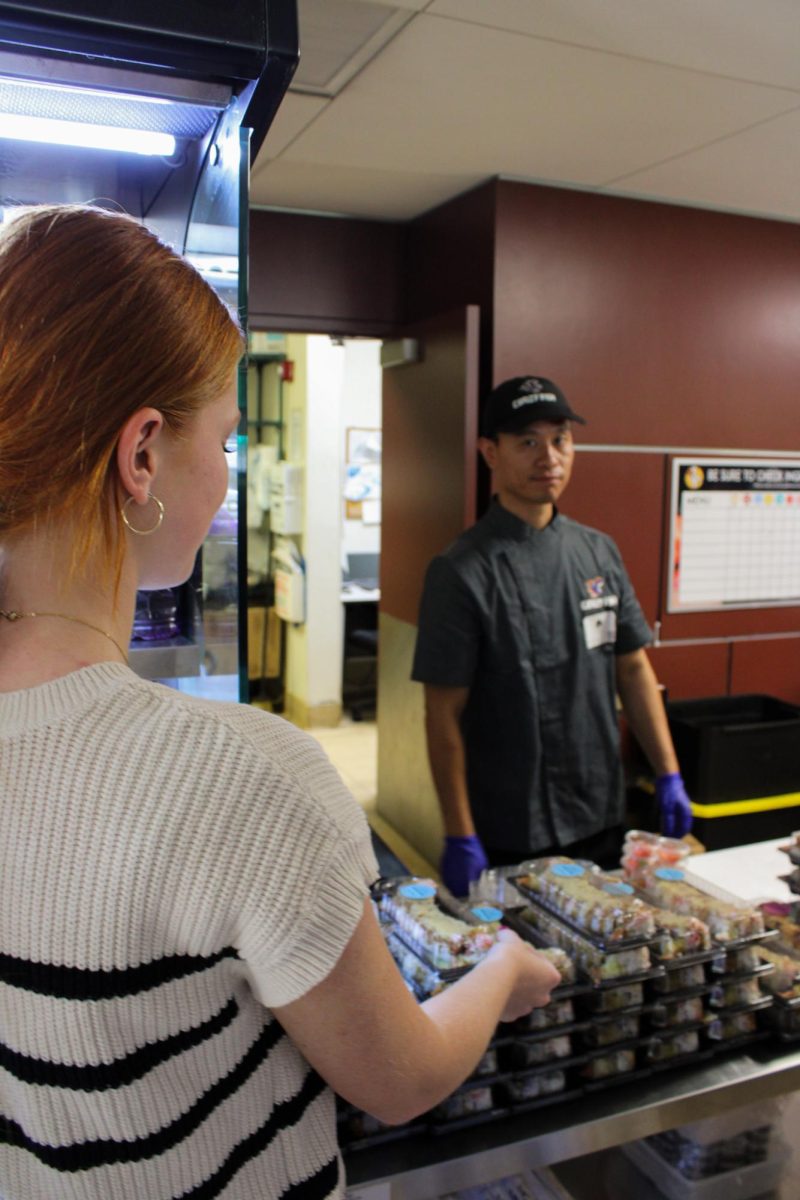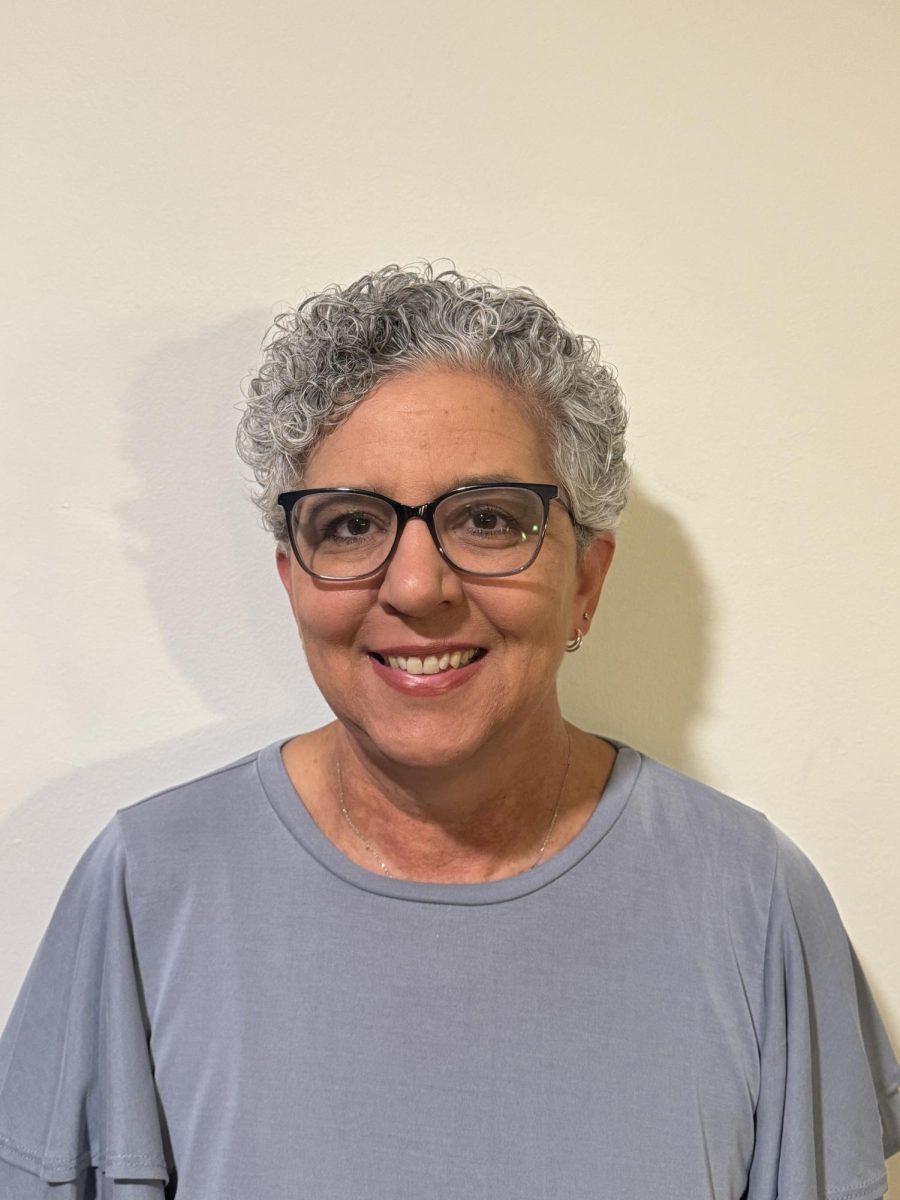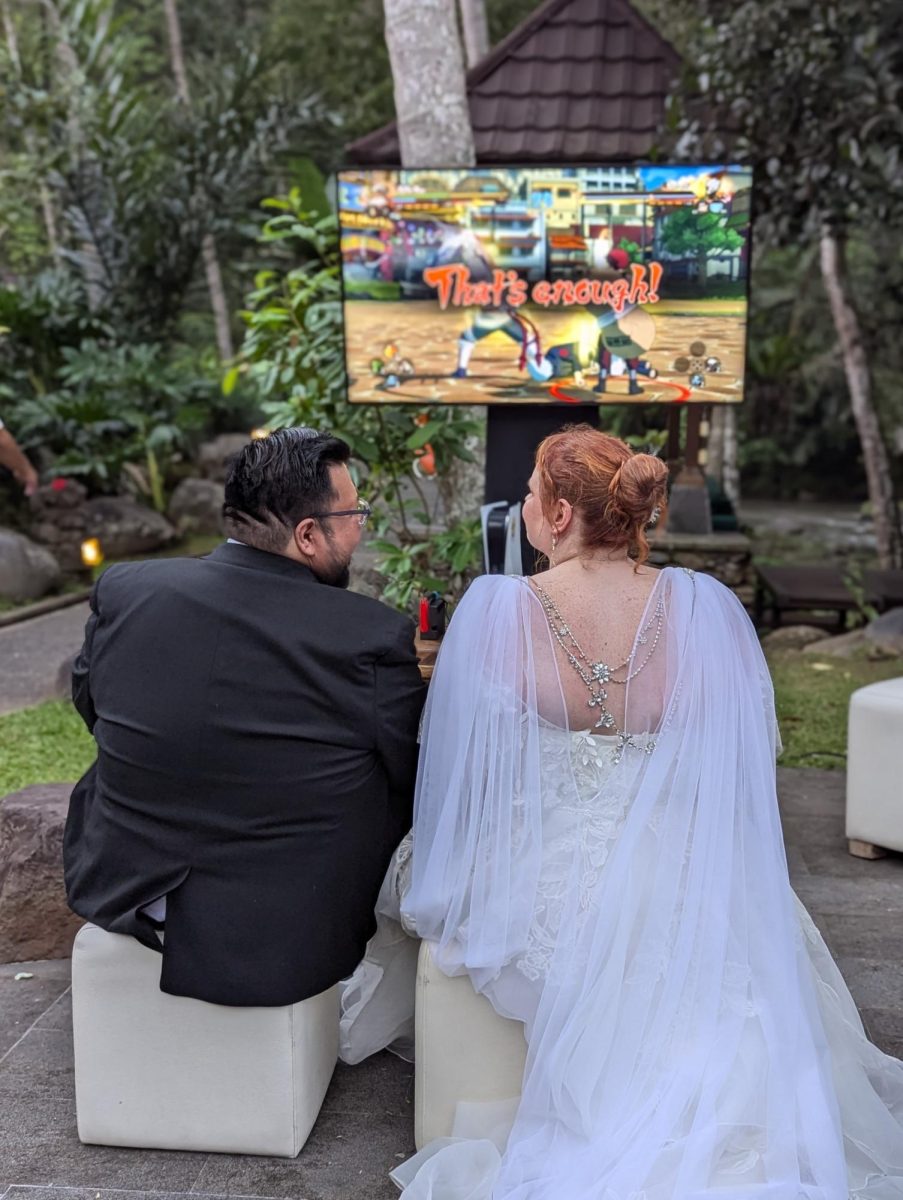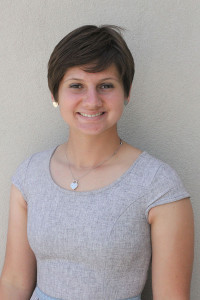In 1931, a Japanese baseball game was televised live and made history as the first sports event to be broadcasted. With the addition of internet streaming, the field of sports broadcasting has expanded to an art that dominates the global community.
From the Super Bowl to a curling match, a wide array of sports are available at the click of a mouse. Without a doubt, sports broadcasting has swept the world, and now it has come to a classroom in our school.
Ralph Mazza has always had a passion for Sports Media. As a multimedia teacher and volleyball coach, he has the suitable combination to pioneer a new program.
Two years ago, Mazza created the Sports Media class, which provides an overview of the universe of sports broadcasting, including producing play-by-play analysis, interviewing athletes and editing footage with advanced software.
To learn the art of broadcasting, students are required to film and edit sports events that feauture our own athletic teams.
Since the beginning of the school year, students have filmed sports, including football, volleyball, swimming, and bowling. With its growing popularity, the class has encouraged some students to seek a career in professional broadcasting.
“I want to become a sports broadcaster because I have been involved in sports my entire life and so has my family, who has influenced me a lot,” Cami Cooke said. “I also want to do something I enjoy and love, which would be anything related to sports.”
Mazza’s course ignites student interest by fully immersing them in the experience of being a sports broadcaster. On an average week, Sports Media students will conduct an interview, write a research paper about Sports history and listen to a speaker who is directly involved with this industry.
Throughout the year, Mazza will bring several experts to describe the realities and reject the fantasies of Sports Broadcasting.
Recently, Mazza invited Jack Graham to talk about his career. Graham works for the Golf Channel and has years of experience in this field.
In this field, jobs are not easy to come by.
“It is luck. You got to be in the right place at the right time,” Mazza said.
However, there are ways to have a better shot of making it in this industry. Mazza, Graham and Cooke agree that the best way to get “discovered” is through internships.
“Whether it’ s at ESPN or at a local news station, anything that can get your foot in the door will make finding a job in the future much easier,” Cooke said.
Not everybody who takes the class will necessarily break into the industry. However, Mazza imagines a future where students will be actively recording a majority of TPS sporting event, giving them an experience similar to the broadcasting world.
Currently, the class has filmed several sporting events, including volleyball matches and Friday evening football games. However, Mazza expects an even wider variety of athletic events to be broadcasted in the upcoming years. In the upcoming years, he expects sports broadcasting to become completely integrated to our school’s culture. From Jackie Robinson breaking the color barrier for Major League Baseball to Diego Maradona’s “Hand of God” in the 1986 World Cup, Sports Media has etched distinct moments in history for our society to remember. By bringing broadcasting to our school, we will be able to acknowledge and observe our greatest moments in athletics.




